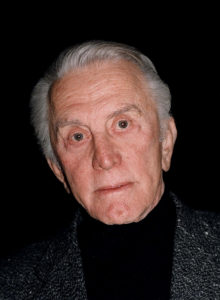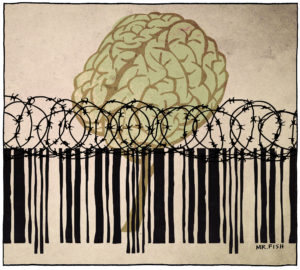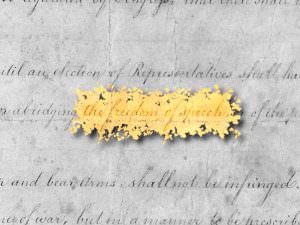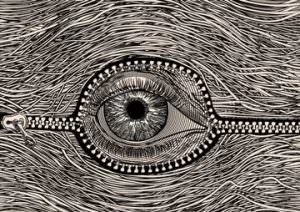Washington Post Reporter Won’t Discuss His Controversial ‘Blacklist’ Story
Craig Timberg has drawn reproach from several press sources for a recent story citing the claims of a group whose members have not identified themselves but have accused more than 200 news outlets of aiding Russia in a propaganda campaign designed to influence the 2016 U.S. presidential election.
Dion Hinchcliffe / CC BY-SA 2.0
The Washington Post writer who is being criticized by several other journalists for publishing what they view as a poorly sourced report that Russia orchestrated a mass propaganda effort to influence U.S. politics has not, as of this writing, responded to some questions about his rationale for the story.
Last week, Washington Post technology reporter Craig Timberg published a report citing a group of unidentified researchers who claimed to determine that “a sophisticated Russian propaganda campaign … created and spread misleading articles online with the goal of … helping Republican Donald Trump and undermining faith in American democracy.”
James Carden, a contributor to The Nation, exchanged messages with Timberg:
In the days following the publication of the report, I e-mailed both Timberg and Washington Post executive editor Martin Baron asking whether it was appropriate for the paper to cite the “findings” of an anonymously authored blacklist. Timberg’s initial response was, “If you want a hand in reporting what I reported on—what researchers say about Russian efforts to influence the election—I am happy to lend a hand on background.”
When I followed up by asking, “What convinced you to run a story based partly on the ‘data’ and claims of this group—which doesn’t identify its members or funders and has named some very respectable outlets like Naked Capitalism and Consortium as Russian ‘propaganda’?,” Timberg quickly withdrew his offer of assistance, writing, “Questions about decisions about what the Post publishes and why are properly directed to Marty Baron.”
Baron has yet to respond.
At The American Conservative, Philip Giraldi, a former CIA officer and executive director of the Council for the National Interest, joined the growing number of journalists criticizing Timberg and The Washington Post. He also questioned reports that Google and Facebook are “now alert to the problem and doing their best to monitor and eliminate such material,” adding, “How exactly that will work is not yet clear, as it would be blatant censorship, and the relative openness of the internet is a major part of its appeal.”
At the end of his article, Giraldi drew upon his “own experience placing false or misleading articles overseas during the Cold War” to critique the claims reported by the Post, and pinned responsibility for confusion and mistrust among Americans on the mainstream media and the major U.S. political parties:
The Post article wraps its allegations about Russia around the kernel of truth that there have been many false stories on the internet. In my own experience placing false or misleading articles overseas during the Cold War, the trick was not to use a sledgehammer but rather to base an account on a substantially and unimpeachably true story while inserting an element that would convey some additional information. Linking something that was false to something believed to be true would validate the former. Ironically, that is precisely what the Post article seeks to do when it tries to establish as solid its view that Russia was behind the fake news before it demurs, “There is no way to know whether the Russian campaign proved decisive in electing Trump.” The newspaper is planting the seed that Moscow’s role was decisive by including the reservation. …
The mainstream media, which clearly is having some difficulty in explaining why anyone should pay attention to it, is eager to discover new reasons why the reporting in the lead-up to the elections was so awful. It is convenient to claim that the Russians planted false stories, and furthermore are attempting to destroy our democracy, which would be a good segue if only anyone would actually believe any of it. The fact is that the public does not trust the media because the reporting has been both intrinsically biased and selective, with Team Clinton being the beneficiary of the status quo far more often than not in the recent electoral campaign. The clearly perceived bias is precisely why the public seeks out alternative sources of information and latches on to fake stories—and while it may be true that a Russian government ministry is responsible for some of what is being produced, the allegation that there exists a plot to destroy American democracy is a bridge way too far. The Democratic and Republican parties are already doing that without any help from Moscow.
—Posted by Alexander Reed Kelly
Independent journalism is under threat and overshadowed by heavily funded mainstream media.
You can help level the playing field. Become a member.
Your tax-deductible contribution keeps us digging beneath the headlines to give you thought-provoking, investigative reporting and analysis that unearths what's really happening- without compromise.
Give today to support our courageous, independent journalists.






You need to be a supporter to comment.
There are currently no responses to this article.
Be the first to respond.